Evaluating the impacts of hydroelectric plants on the Munduruku indigenous people in the Brazilian Amazon
- Read more about Evaluating the impacts of hydroelectric plants on the Munduruku indigenous people in the Brazilian Amazon
- Log in to post comments
CSF staff conducted a field visit to villages of the Munduruku people in the Brazilian Amazon. These communities have been adversely affected for several years by the construction of the Teles Pires and São Manoel hydropower plants.
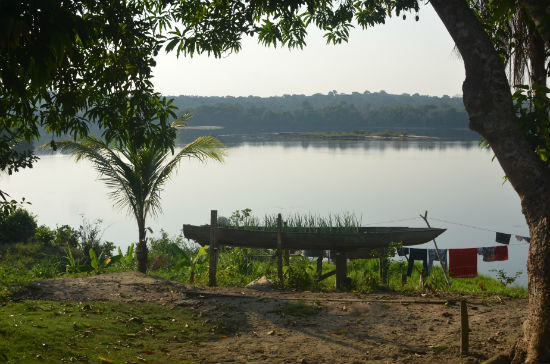 Scenic beauty of the Teles Pires river.
Scenic beauty of the Teles Pires river.

 Tropical savannah (Cerrado) area in Brazil. Photo credit: Pedro Gasparinetti.
Tropical savannah (Cerrado) area in Brazil. Photo credit: Pedro Gasparinetti.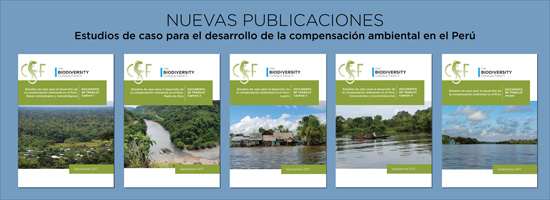
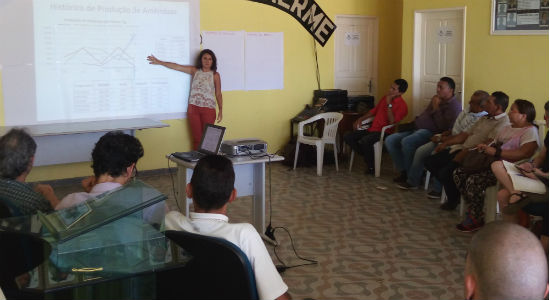
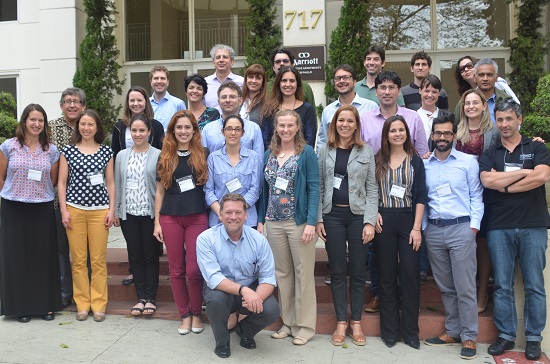
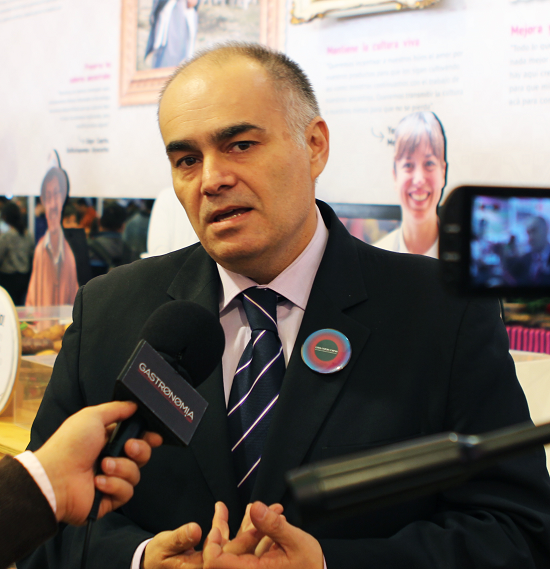 Gabriel Quijandría, Photo Credit: Ministry of the Environment of Peru
Gabriel Quijandría, Photo Credit: Ministry of the Environment of Peru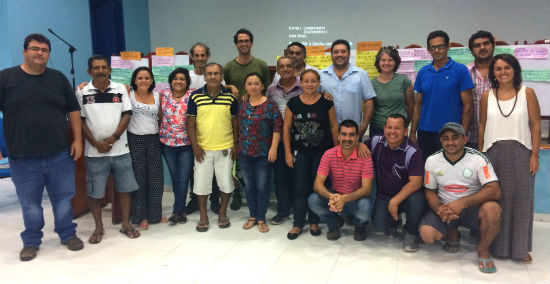 Participants and organizers of the RECABAAM modeling workshop.
Participants and organizers of the RECABAAM modeling workshop.
 Legal Reserve area aside wheat planting. Photo credit: Daniel Kieling.
Legal Reserve area aside wheat planting. Photo credit: Daniel Kieling.